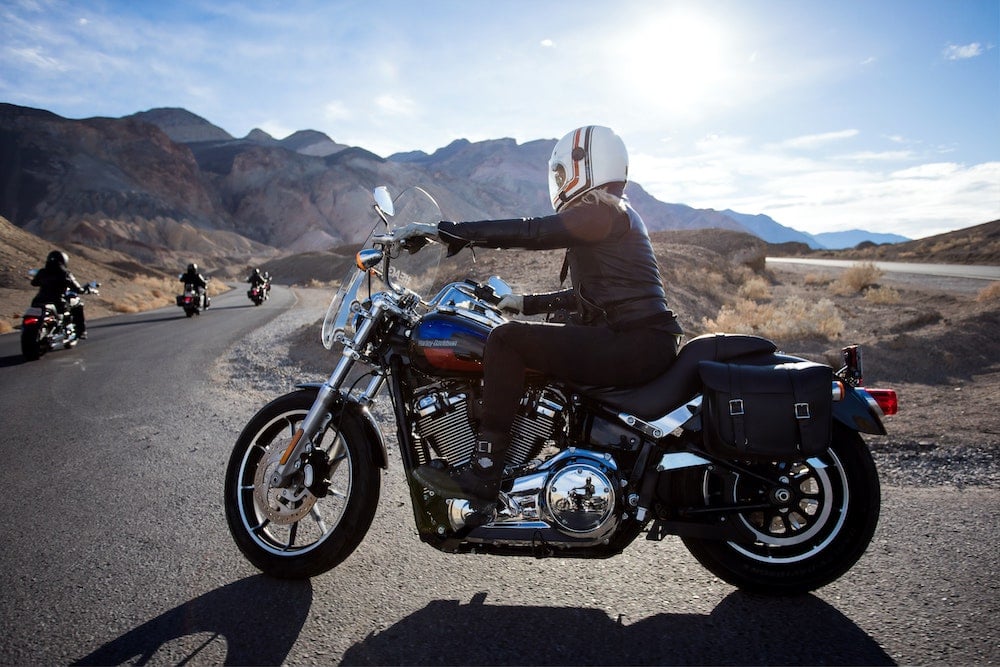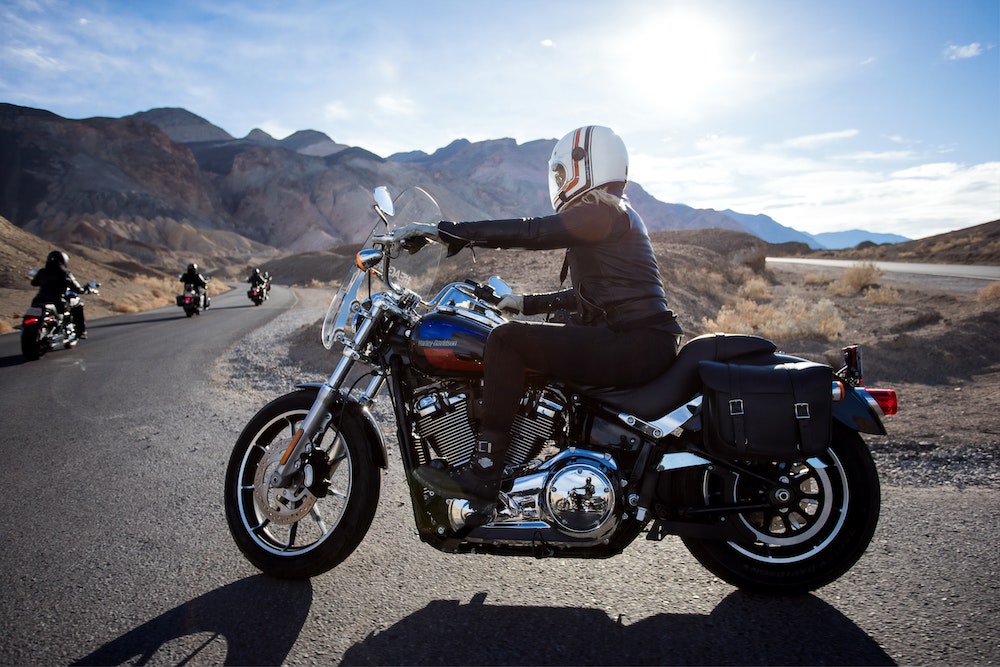
Seattle’s wet climate poses unique challenges for motorcycle commuters, requiring specialized gear to ensure safety and comfort. The frequent rain and damp conditions can make riding hazardous without the proper equipment. Understanding the essential gear needed for commuting in this environment can significantly enhance the riding experience and reduce risks.
For those involved in motorcycle accidents, seeking legal assistance is crucial. Engaging with a Seattle motorcycle accident lawyer can help manage the complexities of legal claims and secure compensation. This article explores the essential gear that motorcycle commuters in Seattle need to stay safe and comfortable on the road.
Waterproof Riding Jackets
A high-quality waterproof riding jacket is a must-have for any motorcycle commuter in Seattle. These jackets are designed to keep riders dry and warm in wet conditions, featuring materials like Gore-Tex that provide excellent water resistance and breathability. Look for jackets with sealed seams, waterproof zippers and adjustable closures for maximum rain protection.
A good riding jacket should keep you dry and offer protection with built-in armor in the shoulders, elbows, and back. Reflective elements are also important for visibility in low-light conditions, which are common in Seattle’s rainy weather.
Waterproof Pants and Overalls
As important as a waterproof jacket, waterproof pants or overalls are essential for keeping the lower body dry. These garments are typically made from the same materials as waterproof jackets and often feature reinforced areas for added durability and protection.
Many waterproof pants and overalls are designed to be worn over regular clothing, making them convenient for commuters who need to change into office attire. Look for options with adjustable waistbands, cuffs, and full-length zippers to make them easy to put on and take off.
Waterproof Gloves
Hands are particularly vulnerable to the cold and wet, so investing in waterproof gloves is essential. These gloves should be insulated to provide warmth and made from materials that prevent water penetration while allowing for breathability. Gauntlet-style gloves extending over the wrists offer additional protection against rain entering the sleeves.
Grip and dexterity are essential, as wet conditions can make controlling the motorcycle more challenging. Look for gloves with non-slip palm surfaces and pre-curved fingers to enhance comfort and control.
Waterproof Boots
Waterproof boots are essential to keep feet dry and warm while commuting in Seattle’s wet climate. These boots should be made from durable, water-resistant materials and feature a non-slip sole for better traction on wet surfaces. High-top designs that cover the ankles provide additional protection and help prevent water from seeping in.
Comfort is key for long commutes, so look for boots with cushioned insoles and good support. Reinforced toe and heel areas can provide extra protection in a fall or accident.
Helmet with Anti-Fog Visor
A helmet is always a critical safety gear, but choosing one with an anti-fog visor in Seattle’s wet climate is essential. Fogging can severely impair visibility, especially in cool, damp conditions. Many helmets have visors with anti-fog coatings or pin lock inserts to prevent fog buildup.
Ventilation is another important feature to look for in a helmet. Good airflow can help reduce fogging and keep you comfortable during your ride. Additionally, consider a helmet with a built-in sun visor to protect against glare on brighter days.
Rain Cover for Backpacks
A rain cover is an essential accessory for commuters who carry a backpack to protect your belongings from getting wet. These covers are typically made from waterproof materials and can be easily slipped over the backpack to shield it from rain.
Some riding jackets offer integrated rain covers for backpacks. Alternatively, separate rain covers are available in various sizes to fit different backpack styles. Look for covers with elastic edges or adjustable straps to ensure a snug fit.
Base Layers for Warmth
Staying warm is crucial when riding in wet and cold conditions, and base layers play an important role in regulating body temperature. Moisture-wicking materials like merino wool or synthetic fabrics help keep you dry by drawing sweat away from the skin.
Layering is key to maintaining warmth, so wear thermal base layers under your riding gear. These layers can provide additional insulation without adding bulk, making them ideal for cold, wet commutes.
High-Visibility Gear
Visibility is often reduced in rainy and foggy conditions, making high-visibility gear essential for motorcycle commuters in Seattle. Brightly colored jackets, pants, and helmets with reflective elements can help make you more noticeable to other drivers.
High-visibility vests and bands worn over your regular riding gear are also effective. These items are typically lightweight and easy to store, providing an additional layer of safety during low-visibility conditions.
Heated Gear
For those frequently riding in cold, wet weather, heated gear can provide added comfort. Heated gloves, jackets, and pants use battery-powered heating elements to keep you warm. These items are beneficial for longer commutes and can help prevent the chill often accompanying wet riding conditions.
Consider options with adjustable heat settings and rechargeable batteries when choosing heated gear. Ensure the gear is compatible with your riding equipment for seamless integration.
Communication Systems
Staying connected on the road is essential for safety and convenience. Motorcycle communication systems, such as Bluetooth headsets, allow riders to stay in touch with others, receive navigation instructions, and listen to music without taking their hands off the handlebars. These systems can be especially useful in Seattle’s wet climate, where stopping to check directions or make a call can be inconvenient.
When choosing a communication system, look for options that offer clear audio quality, long battery life, and waterproof features. Many modern helmets come with built-in communication systems, providing an integrated solution for riders.
Emergency Kits
An emergency kit is crucial for any motorcycle commuter, especially in Seattle’s unpredictable weather. A basic kit should include a first-aid kit, tire repair tools, a flashlight, and a multi-tool. These essentials can help you address minor issues on the road and stay safe until professional help arrives.
Consider adding a portable phone charger and a compact rain poncho for extra protection in unexpected downpours. An emergency kit on your motorcycle ensures you’re prepared for various situations and can handle minor emergencies effectively.
Interesting Related Article: “How to Protect Your Rights After a Motorcycle Accident“









